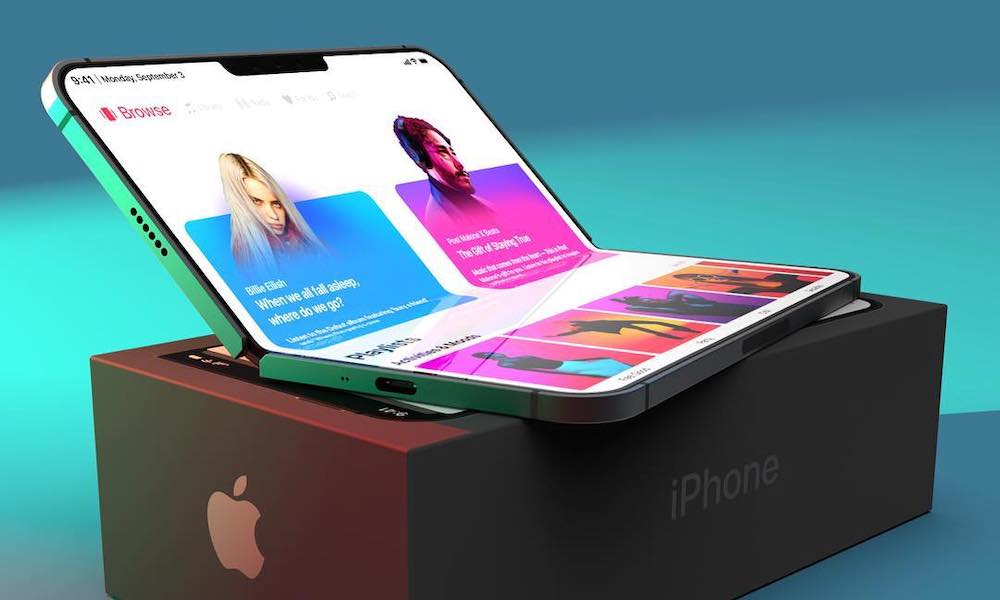Apple to Design Its Own 5G Antenna Because It Doesn’t Like the Look of Qualcomm’s
 Credit: Bro.King / Instagram
Credit: Bro.King / Instagram
Toggle Dark Mode
A first-party Apple 5G modem is still a long way off, but a new report suggests that Apple will actually build another important 5G component in-house for this year’s iPhones.
Specifically, Apple will reportedly make its own antenna modules for this year’s 5G iPhones because it wasn’t happy with Qualcomm’s offering, a source with knowledge of those plans told Fast Company.
In fact, the Cupertino tech giant is said to have “balked” at the design of the Qualcomm antenna unit (the QTM 525, specifically) because it didn’t “fit into the sleek industrial design Apple wants for the new phone.”
Additionally, Fast Company points out that Apple may design its own 5G antenna because it wants as few Qualcomm-developed components in its devices as possible. (There’s a good reason for that.)
Qualcomm will still be the primary supplier of the 5G modems in this year’s iPhones, of course. That’s expected to be the case for the foreseeable future, until Apple can develop its own first-party modems.
There does appear to be some uncertainty about whether Apple can achieve a sleeker 5G antenna, since Fast Company notes that Apple is developing an alternate design with both a Qualcomm antenna and modem as a backup. The publication notes that the backup iPhone design would need to be thicker than Apple wants.
The move could hint toward Apple’s wider plans for in-house 5G components. The company is largely thought to be developing its own modem chips for use in future iPhones, according to various acquisitions, insider information, and the fact that Apple is opening up a new office in Qualcomm’s backyard.
Of course, Apple doesn’t exactly have the best track record of making cellular antennas. The iPhone 4, for example, had an Apple-designed antenna and suffered from dropped calls and other issues with cellular reception.
Fast Company reports that another recent (but undisclosed) Apple antenna design required nearly twice as much power to output the same amount of signal. There could also be issues with this year’s iPhones if the antenna and modem chip are made by different companies.
Apple will likely debut multiple 5G-compatible iPhones this fall equipped with Qualcomm’s X55 chip. Those devices are also expected to support both sub-6GHz and mmWave 5G.






